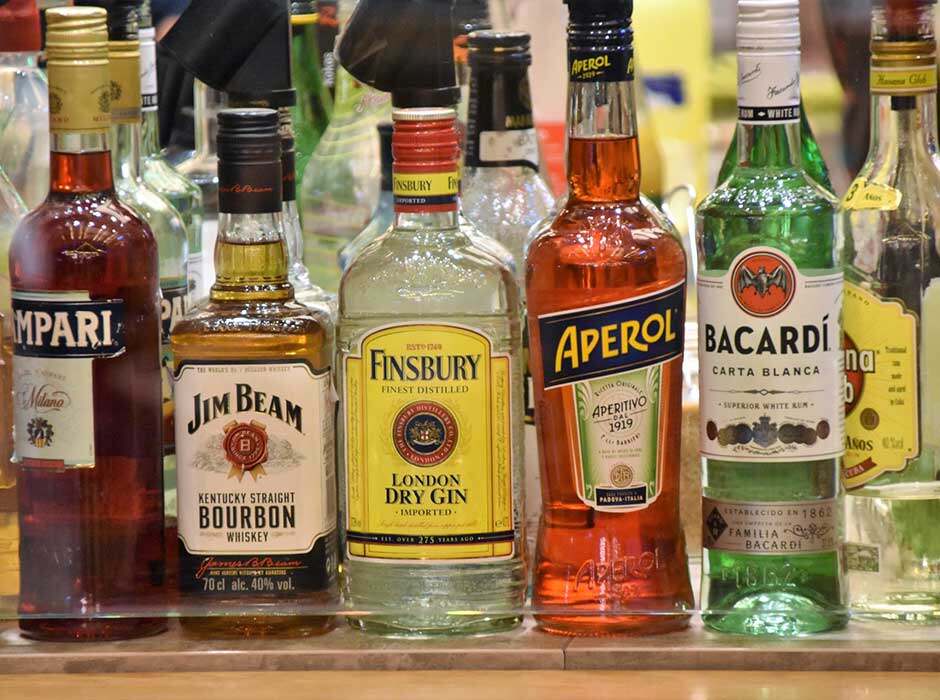There is considerable support from New Zealanders for government to take policy action to reduce people’s exposure to alcohol and dietary cancer risk factors in their environment, new research from the University of Otago shows.


An independently peer-reviewed report, Public awareness of cancer risk factors & support for prevention policies in Aotearoa New Zealand: A focus on alcohol and diet, has been published by a team from the University’s Te Rōpū Rangahau ō Te Kāhui Matepukupuku: Cancer Society Research Collaboration.
The study sought to determine New Zealanders’ awareness of ways to prevent cancer – with a particular focus on alcohol and dietary factors – and support for evidence-based alcohol and food interventions and legislation.
More than 1,400 New Zealanders aged 18+ were surveyed with a combination of recall (unprompted) and recognition (prompted) questions to garner understanding of people’s awareness of cancer risk factors and their level of support for policies that, if implemented, are likely to reduce the risk of cancer for New Zealanders.
The results show that work still needs to be done to increase awareness of alcohol and food-related risk factors. Despite this there is more support than opposition for most alcohol and food-related policies, with increased support (and decreased opposition) evident among people who were aware of the risks.


Of the 1,425 survey participants, 80 per cent either supported or feel neutral towards a ban of alcohol sponsorship at sporting or community events that under 18-year-olds go to. Eighty percent of those surveyed also supported or felt neutral towards the statement that the alcohol industry should not be involved in developing government policies (local and national) to reduce alcohol harm.
Report lead author Dr Rana Peniamina, of the University of Otago’s Department of Preventive and Social Medicine, says that despite repeated calls from health advocacy groups to reform New Zealand’s alcohol laws, little action has been taken by successive governments.
“Our findings show that public support is now far outweighing opposition on a number of policy recommendations, giving Government a mandate to act. Addressing alcohol will not only help to reduce the rates of preventable cancers in New Zealand, but it will also reduce pressure on our struggling health system.”
Cancer Society National Advisor Cancer Prevention and Policy Emma Shields says the policy results of the survey are compelling and action is urgently needed.


“It’s time to address Aotearoa’s most harmful drug – alcohol. In New Zealand alcohol causes 642 cancer deaths each year. Furthermore, Māori are disproportionally and inequitably affected by alcohol harm, making this an issue of fairness,” says Shields. “Policies that address the affordability, availability and marketing of alcohol in our communities are the most cost-effective way to reduce consumption and therefore harm. They are also pro-equity and are necessary to see real change and pae ora (healthy futures) for tangata whenua.”
Shields says the Alcohol Levy is currently being reviewed and this provides an early opportunity for the new government to take alcohol reform action in its first 100 days in office.
“Removing alcohol sponsorship from events that young people attend, shown to have considerable public support in the survey, is a great place to start,” says Shields.
Reforming alcohol laws to address alcohol-related harm is one of 12 key asks in the Cancer Society’s Manifesto to political decision-makers to address in their first term in government.
Manifesto – Cancer Society of New Zealand



































